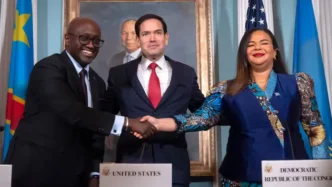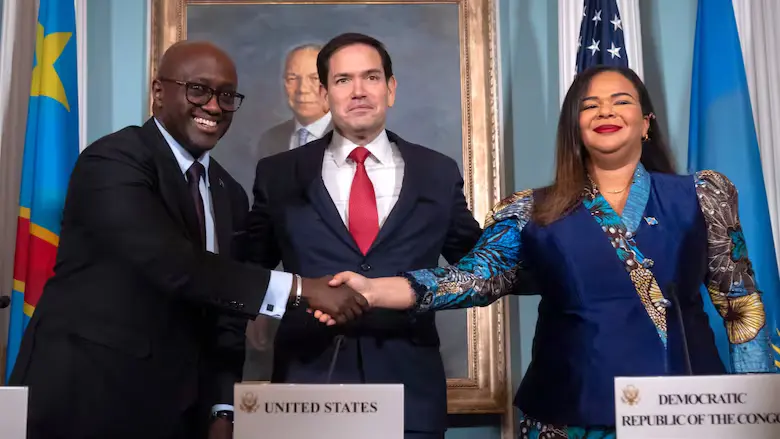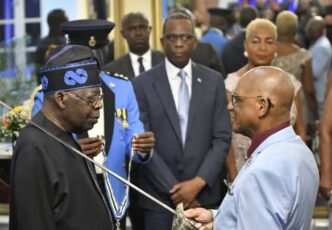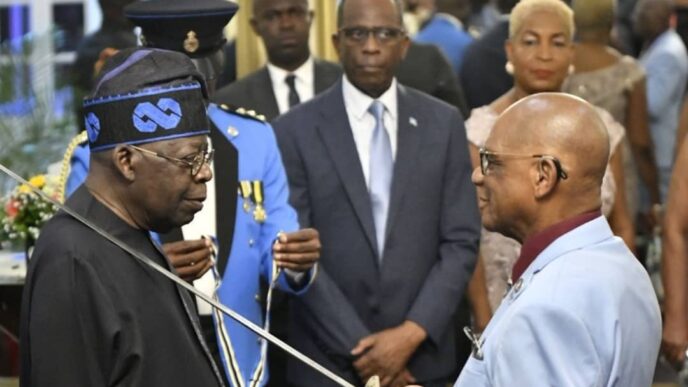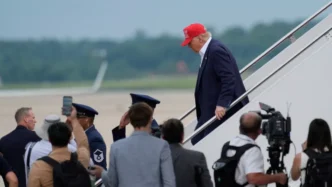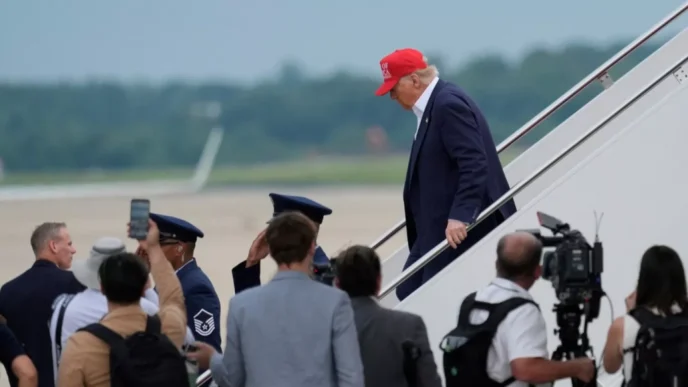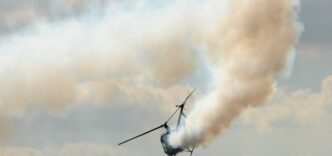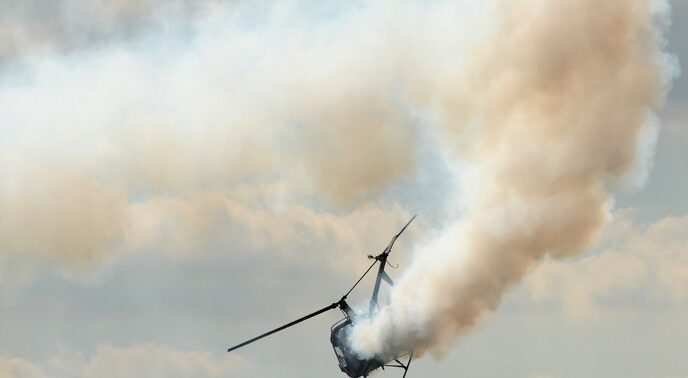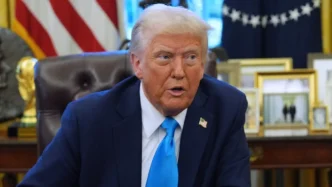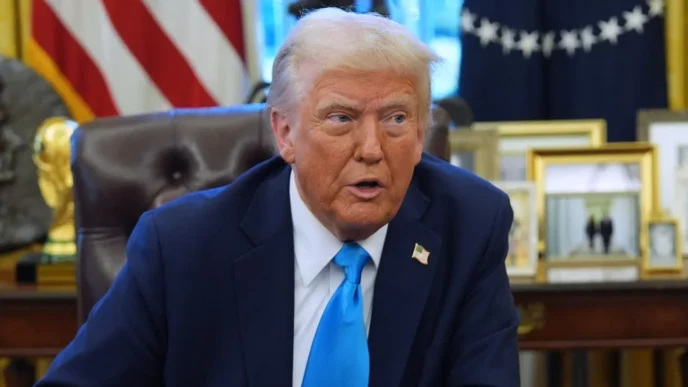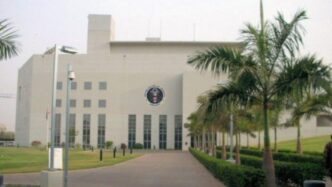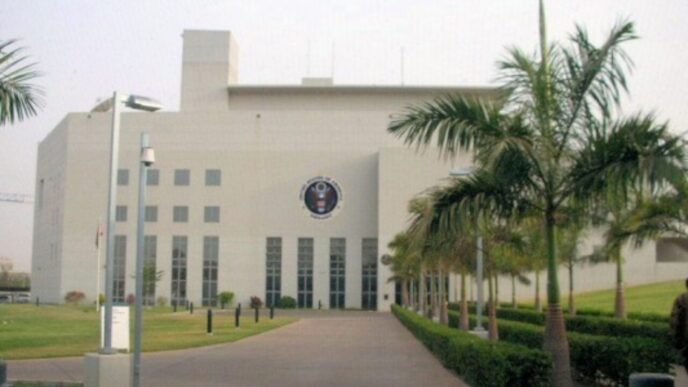Rwanda and the Democratic Republic of Congo signed a U.S.-brokered peace agreement in Washington, marking a new chapter in one of Africa’s most protracted conflicts.
The peace accord, which was signed by the foreign ministers of both nations alongside U.S. Secretary of State Marco Rubio, lays out a 90-day timeline for Rwandan troops to withdraw from eastern Congo.
This milestone comes after years of devastating violence that has left thousands dead and displaced hundreds of thousands more.
The agreement is part of a larger effort spearheaded by former U.S. President Donald Trump, who praised the development as a key diplomatic win.
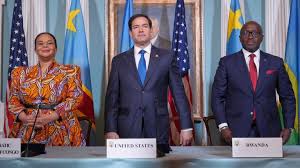
Trump noted, “They were going at it for many years… one of the worst wars anyone has ever seen. And I just happened to have somebody that was able to get it settled.”
Beyond ending the conflict, the deal is also expected to unlock billions of dollars in Western investment into a region rich in critical minerals such as cobalt, tantalum, gold, lithium, and copper.
Trump stated the U.S. will benefit through access to some of Congo’s mineral rights, highlighting the economic potential of this peace initiative.
“We’re getting, for the United States, a lot of the mineral rights from the Congo as part of it,” he added.
According to the agreement, Congo and Rwanda will not only focus on military disengagement but also on regional economic integration.
A joint economic framework is set to be launched within 90 days, aiming to strengthen foreign trade and critical mineral supply chains.
Both countries also committed to forming a security coordination team within 30 days to oversee the withdrawal of troops and implement monitoring mechanisms agreed upon in 2024.

Rwandan Foreign Minister Olivier Nduhungirehe described the moment as a “turning point,” while his Congolese counterpart, Therese Kayikwamba Wagner, said, “It must be followed by full disengagement.”
Trump further met the foreign ministers in the Oval Office, presenting formal invitations for the presidents of Congo and Rwanda to visit Washington to sign additional agreements collectively referred to as the “Washington Accord.”
However, tensions remain high in the region, particularly over M23 rebels, who have taken over strategic cities and mining areas in eastern Congo.
Analysts estimate that Rwanda deployed over 7,000 troops in support of M23, though the country maintains its forces acted in self-defense.
The U.N., Congo, and several Western governments accuse Rwanda of aiding the rebel group.
Rwanda has consistently denied this, instead blaming the Congolese army and Hutu militias linked to the 1994 genocide.
Furthermore, implementation of economic agreements is expected to proceed alongside progress in ongoing Doha-hosted peace talks between the Congolese government and M23.
The deal signed on Friday pledged “full support” for these negotiations, recognizing their importance for lasting peace.
Political analyst Tresor Kibangula stated, “The message is clear: securing the east also means securing investments.”
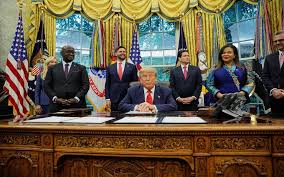
However, he warned, “It remains to be seen whether this economic logic will suffice to end the fighting.”
While similar peace efforts have failed in the past, this U.S.-backed framework offers the strongest chance yet at sustainable peace and economic renewal for Central Africa.
According to a credible report by Travel Radio, the agreement’s success will depend not only on military steps but also on how well the economic provisions are implemented in the coming months.
